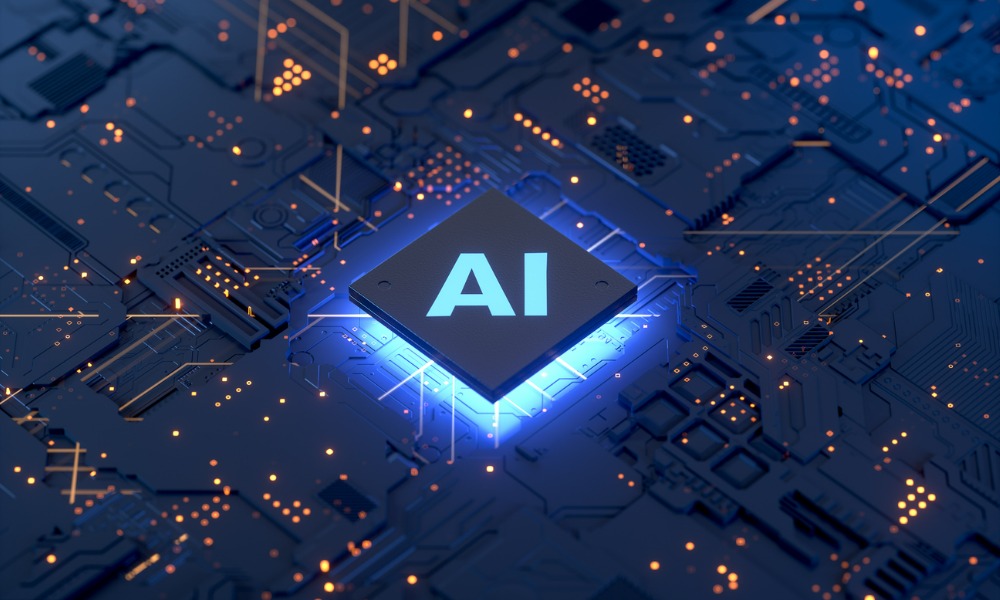
'Misaligned perceptions' among leaders, employees erode trust, report says

Employers and employees are not seeing eye to eye when it comes to the impact of generative AI in the workplace, hindering trust and preventing organisations from unlocking the potential of the technology at work.
This is according to a new report from Accenture after collecting data from over 7,000 C-suite leaders and 5,000 employees of large organisations across 19 countries.
According to the report, 58% of employees are worried about generative AI's impact on job security.
This comes amid recent research from the International Monetary Fund saying the rapid rise of AI will expose nearly 40% of jobs worldwide, while another report from Goldman Sachs said it will put at risk 300 million jobs.
C-suite not concerned about AI
But members of the C-suite don't appear too concerned about this outcome, as the report found that less than one-third of them feel job displacement is a concern for people.
It also found a disconnect between employees and the C-suite when it comes to how gen AI will affect well-being.
For 60% of employees, they believe it will increase stress and burnout, while only 37% of leaders see this as an issue.
These disconnected views contribute to the lack of trust from employees, who don't believe their organisations will ensure positive outcomes when utilising generative AI, according to the report.
"Misaligned perceptions between leaders and workers also erode trust," the report said. "This lack of trust puts the trifecta of opportunities at risk."
'Trifecta of opportunities'
The report outlined three opportunities that organisations can maximise when it comes to gen AI and they are:
But the lack of trust from their employees are preventing these organisations from leveraging these opportunities, despite 95% of them saying they see the value in working with AI, according to the report.
Role of leaders in gen AI integration
It also comes as two-thirds of employees said they don't have the technology and change leadership expertise to drive the reinvention need to take advantage of AI, according to the report.
"There's a way, however, for leaders to close the trust gap and accelerate gen AI integration: Look at and emulate how leading organisations are leveraging gen AI in ways that are better for business and better for people," the report said.
Only nine per cent of organisations in the survey were classified as "reinventors," who have achieved the capability for continuous reinvention and have maximised the potential of AI.
More than half of these reinventors are already redesigning jobs and roles around AI as steps to reshape the workforce, according to the report.
"Key to all of this: three-quarters are actively involving their people in their enterprise change efforts, while reskilling people," the report said.
These organisations are being transparent to employees throughout the process to establish and foster trust, according to the report.
Ellyn Shook, chief leadership and human resources officer, Accenture, underscored the role of leaders in the transition to gen AI.
"Success starts with leaders who are willing to learn and lead in new ways, to scale gen AI responsibly, to create value and ensure work improves for everyone," Shook said in a statement.
"It starts with asking a simple question: are people 'net better off' working here? This not only unlocks people's potential and drives bottom-line growth, but also paves the way for workers feeling comfortable, trusting and ready to work with gen AI. What we've learned from the past as leaders is that what happens next is up to us. The best outcomes are ours to shape."